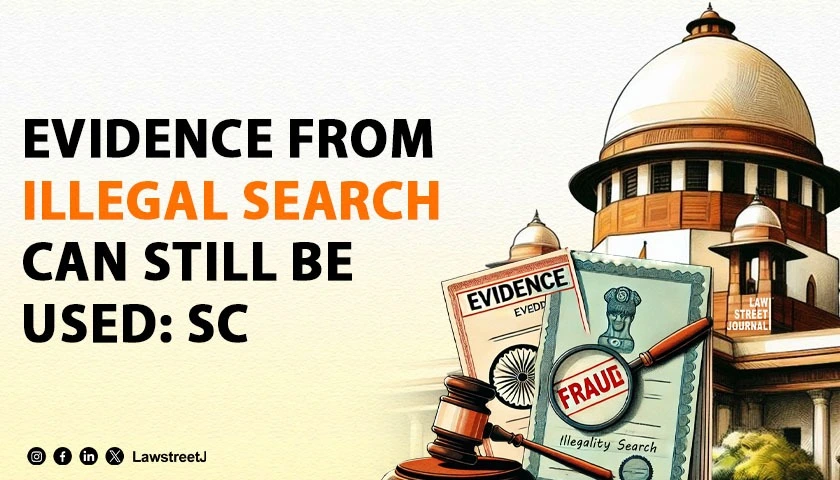While acquitting an accused in a POCSO (The Protection of Children from Sexual Offences) case the Patna High Court pointed out that the proof of the prosecutrixs approximate age cannot replace the proof of exact age.
Background
The accused Arjun was convicted of raping a 13-year-old girl. He was convicted by the Trial Court for offenses under Section 366A (deals with Procuration of minor girl) and Section 376 (deals with Punishment for rape) of the Indian Penal Code and Section 4 (deals with Punishment for penetrative sexual assault) of the POCSO Law.
On appeal, the High Court asked that whether the prosecution has proved reasonable doubts that the victim was under 18 years of age at the time of the physical relationship with the appellant to bring a claim under the clause 'sixthly' of Section 375 of the Indian Penal code.
Court findings
The Court noted that the prosecution's case was that the victim's age was around 13-14 years, and the medical report showed that he was between 15-16 years old. It noted that the prosecution witnesses were not questioned and the defense did not suggest that the witnesses had made false statements about the age of the prosecution. The case of the prosecution is that she is a minor, so her consent or no consent is irrelevant when considering the charges against the accused.
Further, for reference, the court cited two judgments of the Supreme Court, namely. Sunil v. state of Haryana reported in AIR 2010 SC 392, State of Madhya Pradesh v. Munna @ Shambhoo Nath reported in (2016) 1 SCC 696, which concluded that the evidence on the approximate age of the victim is insufficient to conclude on the exact age of the victim.
In Jarail Singh vs the State of Haryana reported in 2013 CRI. L.J. 3976 it was held that the age of rape victims should be determined by rule 12 of Juvenile Justice (Care and Protection of Minors) rules 2007, there is no difference as regards minority between the child in conflict with the law and the child who is a victim of crime.
According to Rule 12 (3), priority will be given to school documents when determining the age of the victim. Medical experts opinions are only allowed if there are no school documents.
The court remarked that,
Thus, it is evident from a perusal of Rule 12 above that only in absence of the school documents, other evidence is permissible to determine the age of the juvenile victim. In this case, the mother of the victim (PW-3) has said that the victim was a student of Class-VII. Therefore, a school document of the age of the victim was there which was deliberately not brought on the record by the prosecution. Even the report of ossification / radiological test was not produced to have the opportunity for the defense to cross-examine the experts regarding scientific method adopted by them while performing such examination. Therefore, the evidence of the exact date of birth of the victim which was available with the prosecution was not brought on the record and the evidence of approximate age cannot take the place of proof of exact age. Once the prosecution failed to prove that the victim was below 18 years of age, the above-discussed evidence of her consent assumes importance. As noticed above, the victimwas in consensual relationships with the appellant. Therefore, charge under Section 376 IPC and 4 of the POCSO Act fails."
Allowing the appeal, the court also noted that there is no prosecution case that the minor was induced to have illegal sexual relations. Therefore, it is also illegal to convict the defendant under section 366A of the Indian Penal Code.
Case: Arjun Kumar @ Prince vs The State of Bihar [ CRA (SJ) No.159 of 2018]

![Evidence of Approximate Age of Prosecutrix Cannot Take the Place of Proof of Exact Age: Patna High Court Acquits Accused in POCSO Case [READ ORDER]](/secure/uploads/2021/07/lj_6378_pocso.jpeg)






